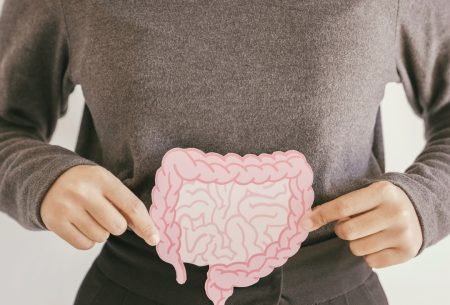
Do you have a holiday fast approaching and is gut health on your mind? We’re sure you want to avoid stomach issues at all costs — nobody wants their holiday ruined by a funny tummy! Unfortunately, constipation and diarrhoea are both commonplace while travelling.
As many as 50% of travellers experience some sort of gut health issue on holiday.
This can be because of many different factors, from changes in your circadian rhythm, to pre-holiday stress of packing and changes in what you eat and when.
It’s certainly not all doom and gloom though, going on holiday can have many gut health benefits. From that much needed relaxation of the gut-brain axis, to the introduction of exciting local delicacies packed with novel plants for your gut microbes to taste, but there are a few tips and tricks to ensure you and your gut health both win.




















